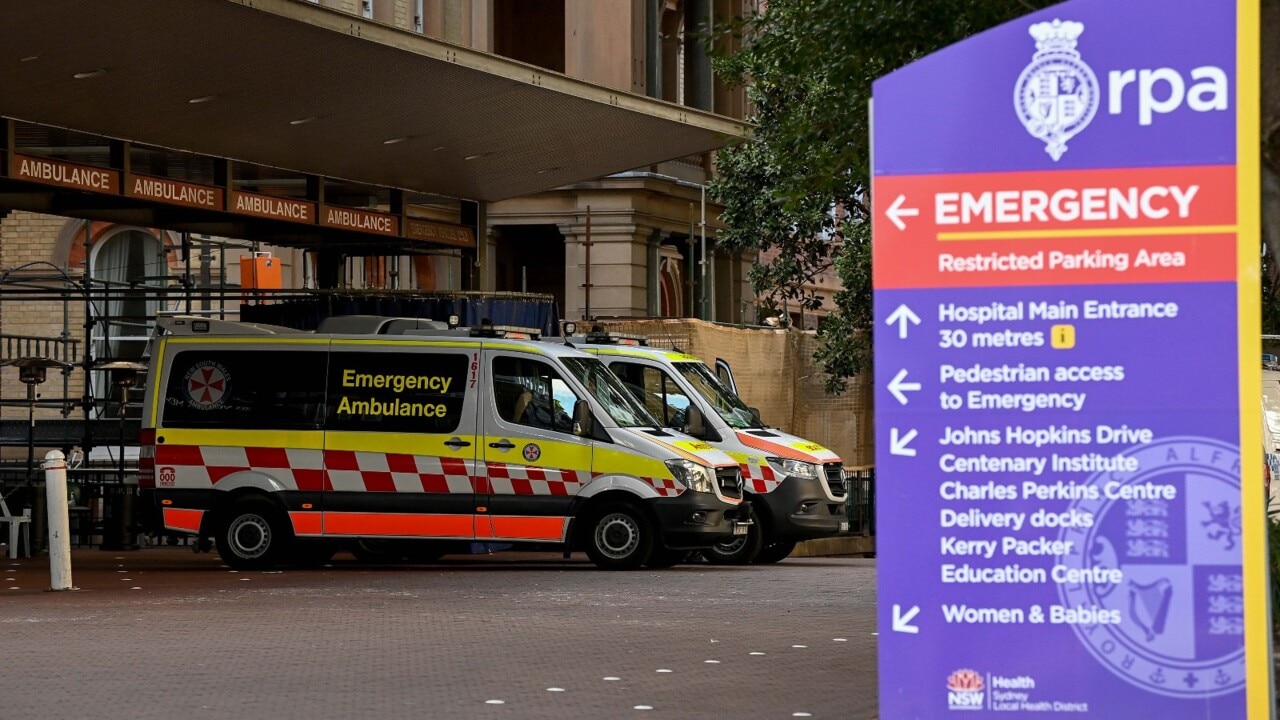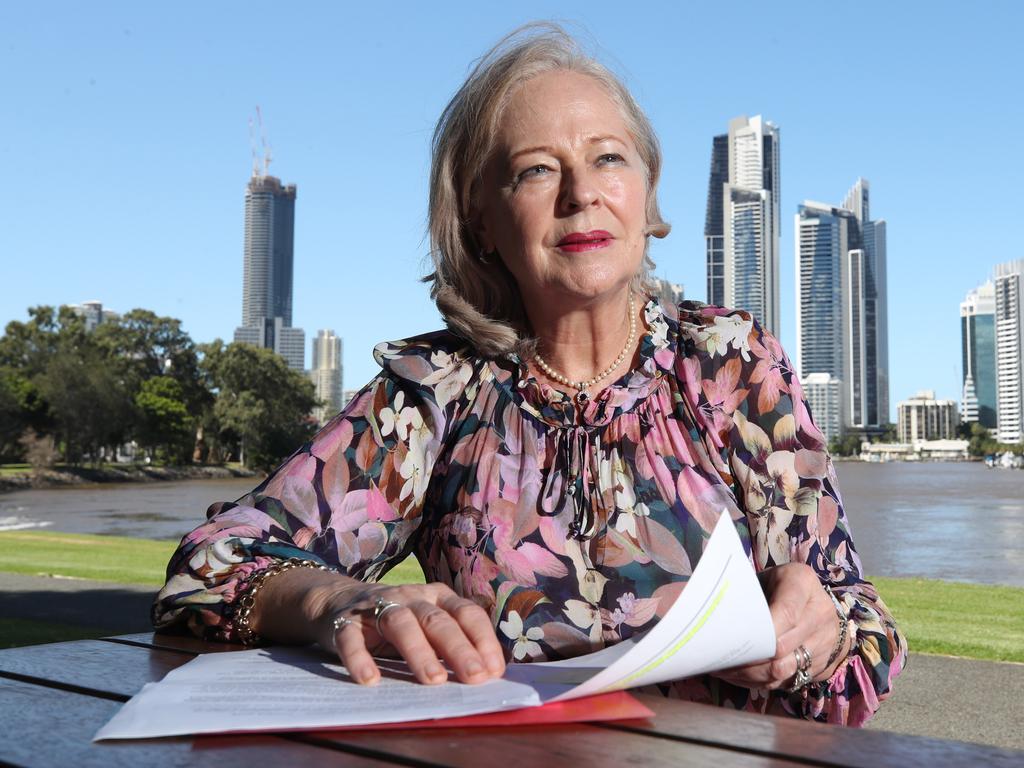Aged-care crisis ‘is clogging hospitals’
Thousands of patients are languishing in public hospitals unable to be discharged into aged or disability care.

Thousands of patients are languishing in public hospitals unable to be discharged into appropriate aged or disability care, costing the health system up to $2bn a year, the Australian Medical Association warns.
The “exit block” out of public hospitals is flowing back through the system, with fewer beds available for inpatient services meaning emergency patients can’t be discharged into wards, creating ambulance ramping, a new report from the AMA has found.
The report notes the most recent data shows almost 20,000 patients in public hospitals were waiting to be discharged into appropriate residential or in-home care, and about 10 per cent had been waiting more than 35 days.
While progress is being made to find accommodation options for NDIS recipients in hospitals, more has to be done for both older people and those with a disability, the report concludes.
“In 2020–21, 19,631 public hospital separations were attributed to patients waiting for aged-care services nationally (either residential or in-home care),” the report says. “Of these patients, around one in 10 waited more than 35 days. The number of patients waiting for aged-care services has been overall increasing since 2011-12.”

More than 286,000 patient days were attributed to patients waiting in hospital for a nursing home place in 2020-21, the report says, and in November last year there were more than 1000 patients in public hospitals waiting to be discharged.
AMA president Steve Robson said at any given time there were thousands of patients medically ready to be discharged into appropriately supported aged care or disability services, but who were stuck in public hospitals.
“Exit block means fewer beds for inpatient services, which results in increased waiting times for ambulance services, emergency department services, and essential elective surgeries,” Professor Robson said.
“Public hospitals can’t afford to keep operating with this level of exit block. Our public hospitals already have limited capacity and are struggling.”
Exit block in hospitals caused by insufficient social services for elderly people in the community has been a major cause of the extreme pressure on British hospitals that has precipitated what is being described as the collapse of the NHS in the UK. It has been estimated that as many as one in three hospitals beds are being taken up with elderly people who cannot be discharged due to the acute lack of aged care services in Britain.
Some recent progress had been made in Australia in transitioning NDIS-eligible patients out of hospital and reducing time in hospital, Professor Robson said, and some states had instigated some promising programs.
But the exit block is a drain on the economy. “The AMA’s analysis (shows) addressing exit block could save an estimated $811.6m to $2.17bn each year,” he said.
To shift the dial, the AMA proposes more investment in primary care, aged care and the NDIS. “The AMA is calling for a new hospital agreement, with 50–50 funding between the commonwealth and states and territories, removal of the arbitrary 6.5 per cent cap on funding growth, and the reintroduction of funding for performance improvement,” Professor Robson said.

Tom Symondson, chief executive of peak aged care providers advocacy group Aged and Community Care Providers Association, said he supported any measures that delivered more “step-down” care for patients between hospitals and either a nursing home or a return home with in-home support.
“Many older people find themselves in hospital after a medical episode like a stroke or a fall. They are then assessed as needing residential aged care rather than going home,” Mr Symondson said. “But … often aged care homes are not equipped to care for patients recently discharged from hospital because they may need a higher level of daily care while they recover.”
Melbourne geriatrician Kate Gregorevic said the issue was only set to become more acute in coming years as the population ages. “We’re only just at the start of the population getting older,” Dr Gregorevic said. “We really do need to think about what happens when you’ve got people who are older and they develop age-related disability.
“We try really hard to get people home because by and large that’s where people want to be, but there’s often quite a lot of complexity around that. People may not be considered terribly sick in terms of the way we normally measure sickness, but they do need care. And a hospital is often the only place they can go.”
Council on the Ageing chief executive Patricia Sparrow said hospital discharge should focus on the older person’s needs, and it was important that they not be pushed into residential aged care if that wasn’t their preference.
“It is why other options post-hospital are required, including more rehabilitation or home-care services,” Ms Sparrow said.
Older Persons Advocacy Network chief executive Craig Gear agreed: “We are worried older people might be pressured to move into residential care just to clear beds. This is not reason enough. Older Australians must have choice and control over where they live,” he said.







To join the conversation, please log in. Don't have an account? Register
Join the conversation, you are commenting as Logout